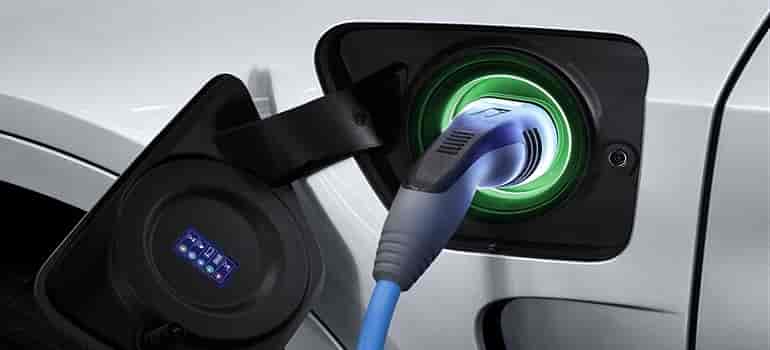IDTechEx’s Latest Report Highlights the Advantages of Electric Mini Excavators Over Diesel Counterparts
The construction vehicle and machine industry is undergoing a remarkable transformation with the advent of electrification, following in the footsteps of many other sectors. Although slow to adopt this technology initially, original equipment manufacturers (OEMs) are now making significant strides in the field.
The latest report from IDTechEx, titled “Electric Vehicles in Construction 2023-2043,” projects a surge in the electric construction vehicle market, with an impressive compound annual growth rate (CAGR) of 37% over the next decade.
Electric mini excavators, in particular, are poised to become one of the key drivers of this growth. Mini excavators represent the largest construction vehicle market in Europe and the third largest worldwide in terms of volume.
Their compact size and lighter workloads make them an ideal candidate for electrification, and they often serve as a gateway for OEMs venturing into the realm of electric vehicles. To shed light on the advantages of electric mini excavators over their diesel counterparts, we present three crucial reasons below:
- Comparable or Superior Power: Concerns about whether electric machines can deliver the necessary power for construction work are valid but often unfounded. The IDTechEx report reveals that electric machines frequently exhibit power equivalent to or even surpassing that of diesel models. For instance, the JCB 19C-1E mini excavator boasts a motor with a peak power of 20kW, representing a 33% increase compared to diesel examples in IDTechEx’s database. Moreover, this power output is nearly double that of JCB’s own 19C-1 diesel equivalent, which features an 11.7kW engine.
- Endurance for Full-Day Operations: Endurance is another crucial consideration when evaluating electric mini excavators. The report finds that numerous electric models offer 6-8 hours of continuous operation, which proves sufficient for the average workday of most operators. This dispels concerns surrounding the ability of electric machines to handle the demands of a hard day’s work.
- Improved Working Environment: One of the most notable advantages of electric vehicles, including mini excavators, is their zero exhaust emissions. Even when charged using a grid with high emissions, these vehicles significantly contribute to removing pollutants from city centers, thus enhancing air quality. This effect becomes particularly pronounced in the construction industry due to the open cabins and stationary nature of excavators, leading to poor air quality for operators and nearby workers. By transitioning to zero-emission vehicles, construction workers enjoy a substantially better quality of life, while construction sites benefit from improved overall air quality.
In addition to these benefits, electric machines offer a tangible reduction in total cost of ownership. While the initial cost of building and purchasing an electric vehicle may include a premium for the batteries, the construction industry has witnessed a decline in battery prices. This trend will continue with major OEMs such as John Deere, Caterpillar, and XCMG producing electric products in-house and at larger volumes, moving away from retrofitting engineering firms to create limited runs of electric vehicles.
IDTechEx predicts that electric mini excavator owners can recoup their investment in as little as six to eight years, thanks to savings in maintenance and fuel costs. Following this payback period, these vehicles have the potential to save thousands of dollars annually in operating expenses.
While mini excavators lead the charge, other types of construction vehicles are now following suit. As the benefits of electric vehicles become increasingly evident, the construction industry is poised to swiftly transition to electric, thereby enjoying enhanced job performance, improved working conditions for operators, and substantial cost savings. For a comprehensive analysis of electric construction vehicles, readers can refer to IDTechEx’s newly released report.
FOLLOW US ON


